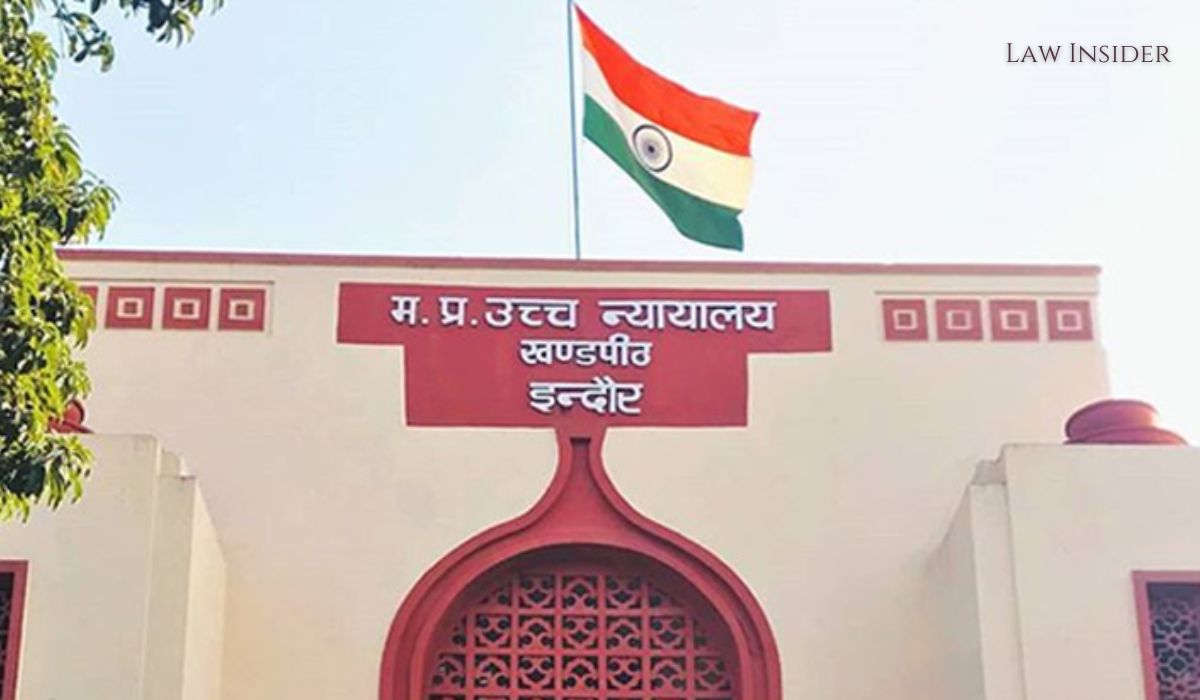Sakina Tashrifwala
Published on: 08 December 2022 at 18:10 IST
The Indore Bench of the Madhya Pradesh High Court reaffirmed that the Limitation Act does not apply to matters that are instead controlled by another Act that specifically addresses limitation periods and their extensions.
Justice Subodh Abhyankar elaborated, saying that where a special Act includes provisions for limitation period—even if such provisions are not expressly excluded—the Limitation Act cannot apply.
A perusal of the aforesaid decision relied upon by the counsel for the respondents clearly reveals that when a particular Act itself provides for limitation period and also the extended period of limitation, the provisions of Limitation Act cannot be invoked as the applicability of the Limitation Act is barred by the operation of the special Act.
Even if the provisions of the Limitation Act are not expressly prohibited under Rule 7, the prolonged term of limitation included in the same makes it impossible to assert that the Limitation Act would be applicable in such a case.
Based on the facts presented, the Central Government Industrial Tribunal granted the Petitioner’s appeal under Rule 7 of the Employees’ Provident Fund Appellate Tribunal (Procedure) Rules, 1997. However, the appeal was rejected since it was submitted more than 15 days after the deadline had passed. Rule 7 of the 1997 Rules specifies a 60-day time restriction, which can be extended by a further 60 days. The Petitioner, infuriated, filed a motion with the Court.
In court, the Petitioner argued that the Limitation Act’s clauses should not be read literally. The Respondent, on the other hand, argued that the Authority did not break any laws when it issued the contested directive. To reinforce its claims, the Respondent put reliance on the judgement of the Apex Court in Commissioner of Customs and Central Excise v. Hongo India Private Limited & Anr.
The Court decided that the Respondent’s arguments held water after reviewing the oral arguments and the evidence submitted. The Court relied on its decision in Commissioner of Customs and Central Excise to conclude that the limitation act did not apply since the Rules of 1997 had a particular provision dealing with the limitation period and its extension.
Thus, the Court found that the Appellate Authority did not commit any illegality in dismissing the appeal on the ground of delay. The petition was thus denied.

